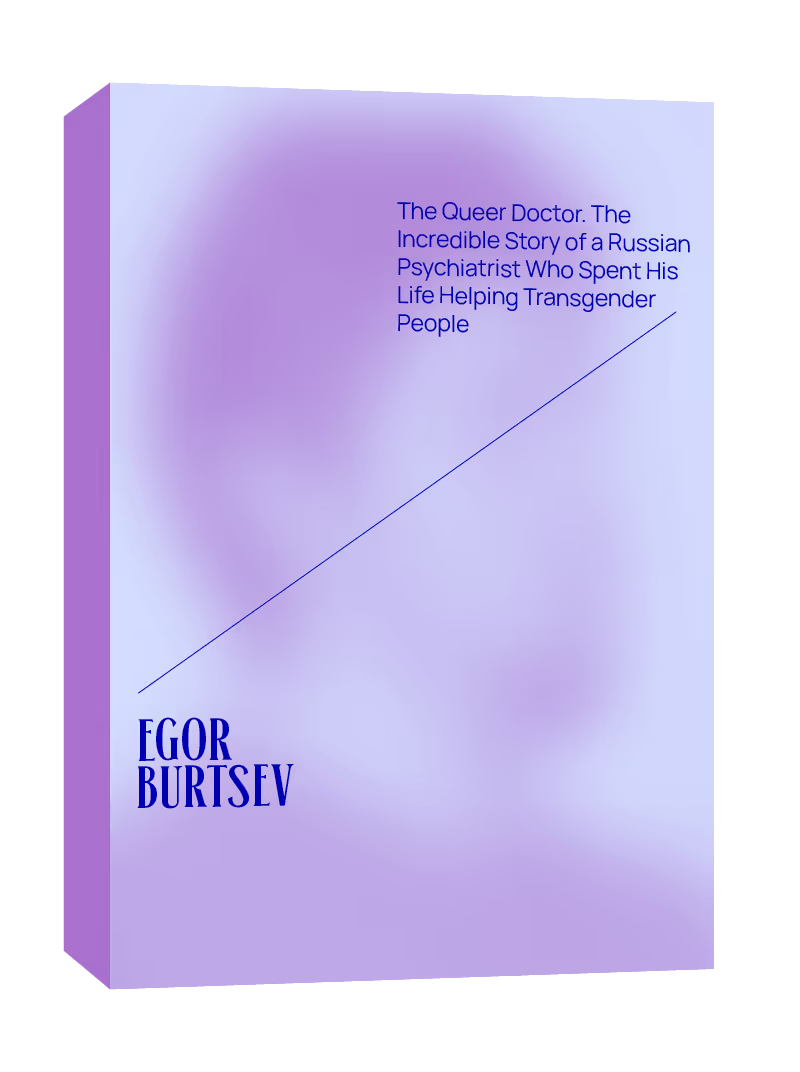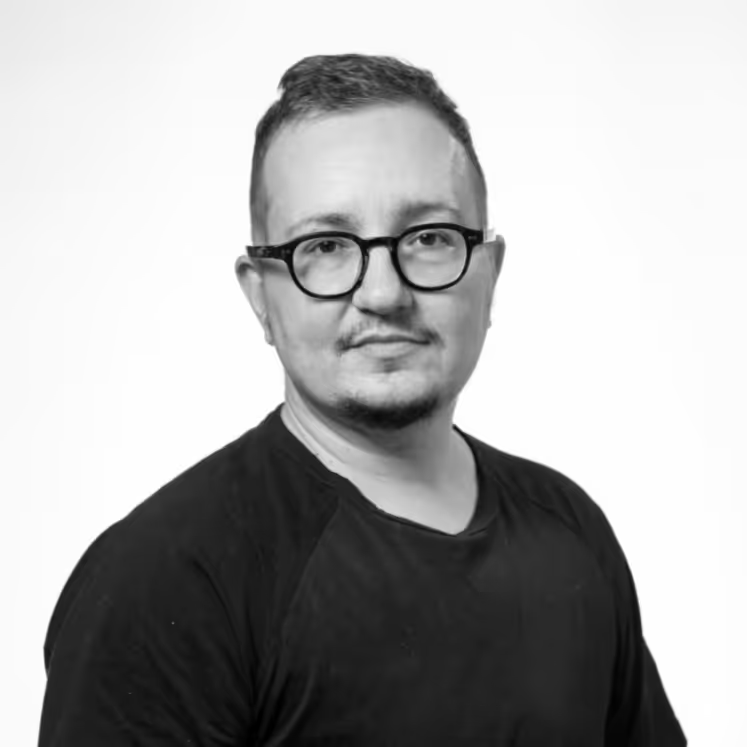Dmitry Isayev’s biography reads like a novel about the lives of queer people in Russia. In his youth, he studied at a naval academy and served on a submarine. In late Soviet times, he became one of the first Russian professional sexologists, studying homosexuality not as a mental disorder (as it was officially designated in the Soviet Union), but as a human condition. In the 1990s, he was prosecuted for helping homosexual men to avoid conscription in the Russian army and sent for compulsory treatment to a psychiatric ward. In the 2000s, he became the head of the leading transgender commission in the country — anyone who wanted to legally change their gender had to get a reference from a licensed medical board; and Isaev's one was the most caring and understanding towards its clients.
Even when the Russian state began to attack transgender people under the pretense of protecting “traditional values”, Isayev continued to help them, despite receiving threats and being frowned upon. He didn’t give up even after he was fired from a St. Petersburg university he worked at, denunciated by anti-LGBT activists. A brave and colourful man, Isayev died in May 2022, some months before the Russian government officially banned gender transition and designated LGBT-community as “an extremist organization”. His legacy, however, lives on.
It would be impossible to tell the full story of the Russian transgender community just through the life of one man, and this book doesn’t intend to. Each of Isayev’s patients had to write an autobiography. The doctor anonymized them and put them in his archive, which, after his death, was preserved by his students and assistants. One of them was Egor Burtsev, a transgender person themselves, who for several years worked in Isayev’s commission. In his book, Burtsev intends not only to relate the unique biography of his teacher, but also to give the voice to some of his patients — with their full consent. Combining elements of traditional nonfiction biography and first-person narrative by Russian transgender people, the book will paint a vivid picture of the community that continues to exist and struggle despite the government’s efforts to erase and destroy it.
GENRE
STATUS
SAMPLES
RIGHTS
Having received degrees in psychology and political science, Egor Burtsev spent several years working for different media organizations as a proofreader and an editor, but his more important calling became helping transgender Russians. For some years, Burtsev worked as a member of Dmitry Isayev’s transgender commission, which continued to help people to transition even after it had become clear that the Russian state doesn’t approve of it. Burtsev now lives in Vilnius, where he practices as a psychologist. After Isayev’s death, he managed to get access to his commission’s extensive archive — its materials, along with interviews with Isayev’s relatives, colleagues and patients, will help him to tell Isayev’s story.





